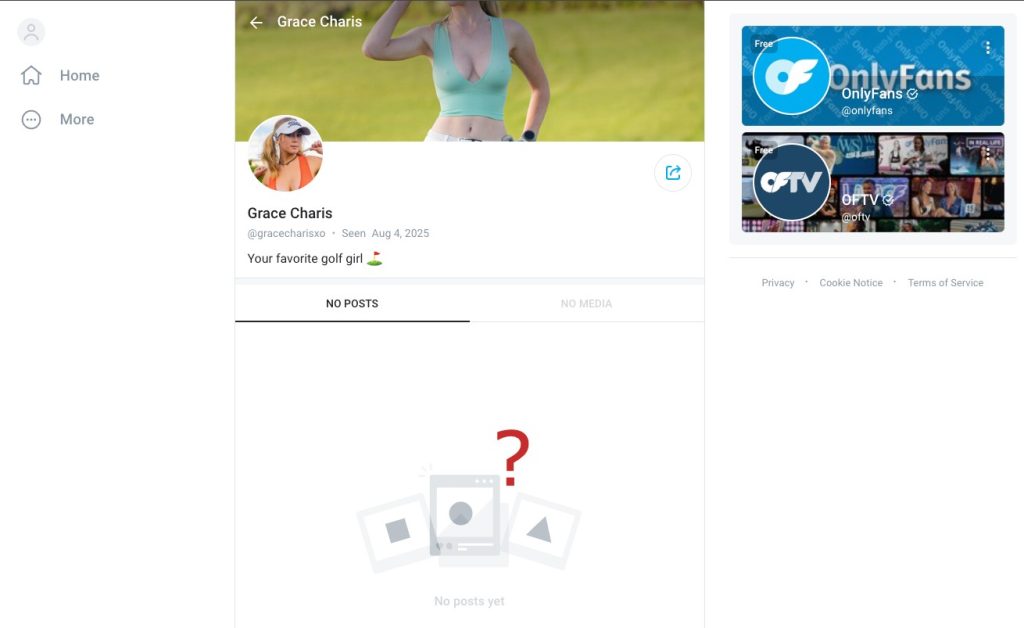You may be annoyed as you’re getting calls from Credence consistently, and you’re not alone. Dealing with debt collection agencies like Credence Resource Management can be stressful and intrusive.
So it’s essential to know who they are, why they’re contacting you, and your rights when it comes to dealing with them.
We’ll provide valuable insights and actionable strategies to manage these unwanted calls effectively.
Who Is Credence Resource Management?
Credence Resource Management, or CRM, is a debt collection agency that often works on behalf of creditors to recover unpaid balances.
If you have past-due bills, you might find CRM reaching out to you. Debt collectors like CRM have the task of ensuring unpaid debts are settled, which means they might call you, send letters, or possibly report to credit bureaus.
Understanding who they are is the first step in dealing with their persistent communication attempts.
Why Does Credence Resource Management Keep Calling You?
If Credence is calling you, it likely means they believe you have a debt that has not been paid. Their goal is to collect the debt or set up a payment plan.
It’s important, however, to confirm that the debt is yours and the amount they say you owe is accurate.
Debt collection efforts may often feel relentless, and receiving multiple calls from Credence can be a significant cause of stress.
These calls can occur for several reasons:
- You have a delinquent debt that they have been tasked to collect.
- Credence may be attempting to locate someone you know and believe you can assist in that effort.
- It is also possible that Credence has incorrect information, and you are receiving calls in error.
The first step you should take is to understand the debt they are calling about. Ask for a validation notice, which provides details of the alleged debt. Be cautious not to acknowledge the debt as yours or make any payment agreements until you have confirmed the details.
What Debt Collectors Like Credence Are Allowed and Not Allowed to Do Under The FDCPA
The Fair Debt Collection Practices Act (FDCPA) is a federal law that limits the behavior and actions of third-party debt collectors like Credence.
Knowing your rights under the FDCPA can help you manage and respond to any interactions with debt collectors.
What They Are Allowed To Do:
- Contact you to discuss your debt.
- Send written communication, which includes information about the debt.
- Call within reasonable hours
What They Are Not Allowed To Do:
- Harass or abuse you, including using profane language or calling you repeatedly to annoy you.
- Lie to you about the debt, their identity, or the legal consequences of not paying.
- Threaten to take legal action they do not intend to pursue.
- Discuss your debt with unauthorized third parties, such as family, friends, or employers.
- Call you before 8 a.m. or after 9 p.m. in your local time zone without your permission.
If Credence or any other collector violates these rules, you have the right to take action, which can range from issuing a cease communication letter to reporting the agency to the Consumer Financial Protection Bureau (CFPB).
How To Remove Credence Resource Management From Your Credit Report?
Debt collectors can report debts to credit bureaus, which may harm your credit score. If you find an entry from Credence Resource Management on your credit report, there are steps you can take to potentially remove it:
Step 1: Verify the Debt
Start by requesting a validation of the debt. Within 30 days of their initial contact, you can request Credence to provide proof that the debt is yours and the amount is correct.
Step 2: Dispute Incorrect Entries
If Credence cannot validate the debt or if you find any inaccuracies in the entry, you can file a dispute with the credit bureaus. You must provide any evidence that supports your claim that the information is incorrect.
Step 3: Negotiate a Pay-for-Delete Agreement
If the debt is valid and you owe the amount, you can try negotiating a “pay-for-delete” arrangement. This means you agree to pay the debt in full or a part of it, and in exchange, Credence agrees to remove the entry from your credit report. Get any agreement in writing before making a payment.
Step 4: Wait It Out
If the debt is accurate but old, it may be nearing the statute of limitations or the credit reporting time limit (typically seven years for most types of debt). Review the dates carefully, as paying on an old debt can sometimes restart the clock.
Step 5: Seek Legal Help
If you believe Credence is reporting a debt erroneously, or if they are not following the FDCPA rules, you may need to consult with an attorney who specializes in consumer debt issues for assistance.
Taking these steps can potentially lead to the removal of the negative entry by Credence collector. It’s important to remain vigilant and ensure the legitimacy of the debt and the collector.
What to Do If Credence’s Claim is Real?
With Credence, if you have verified the debt and confirmed they are legitimate but still wish not to be contacted, you have options:
1. Cease Communication
You can tell Credence to stop contacting you by sending a cease and desist letter. Once they receive it, they are legally obligated only to contact you to confirm they received the letter or to inform you of specific actions they are legally taking.
2. Record Communication
Keep detailed records of all communications with Credence, including dates, times, and the nature of the contacts. This will be valuable if you ever need to file a complaint or take legal action.
3. Report to Authorities
If harassment continues or if you suspect fraudulent behavior, report them to the CFPB, your state’s attorney general’s office, or the Federal Trade Commission (FTC).
Is Credence Resource Management A Scam?
Upon receiving repeated calls from a debt collection agency, it’s common to question the legitimacy of the company, especially in an age where scams are rampant. So, it’s fair to ask, is Credence Resource Management a scam? Let’s break it down.
Signs That Credence Resource Management Is Legitimate
Though they may be persistent, there are certain indicators that Credence Resource Management is operating within the bounds of a legitimate debt collection business:
- Compliance with the FDCPA: If they are following the rules set out by the Fair Debt Collection Practices Act, it’s a good sign they’re legit.
- Transparent Communication: Providing clear information about who they are, who they are collecting for, and the debt in question aligns with lawful practices.
- Validation Notices: Legitimate debt collectors will send you a validation notice within five days of first contacting you, detailing the amount of debt and your rights under the FDCPA.
Red Flags Suggesting A Scam
However, if you notice any of the following, you may be dealing with a scammer impersonating Credence or an illegitimate debt collector:
- Demanding Immediate Payment: Scammers often pressure you to make immediate payments, especially through methods that aren’t traceable, like gift cards or wire transfers.
- Lack of Identification: If the caller can’t provide specific information about the debt or refuses to give you their company name, address, or phone number, that’s suspicious.
- Use of Threats: Threats of arrest, lawsuits, or other immediate legal actions that seem extreme or do not follow due legal process can be signs of a scam.
- Asking For Personal Information: A fraudulent caller may ask for personal or financial information to “verify” your identity, but this is a tactic to steal your information.
Conclusion
By understanding what Credence Resource Management does, why they are contacting you, your rights under the FDCPA, and how to handle their calls, you can take control of the situation and find peace of mind.
Always remember that you have rights, and there are steps you can take to address debt collection calls effectively.





